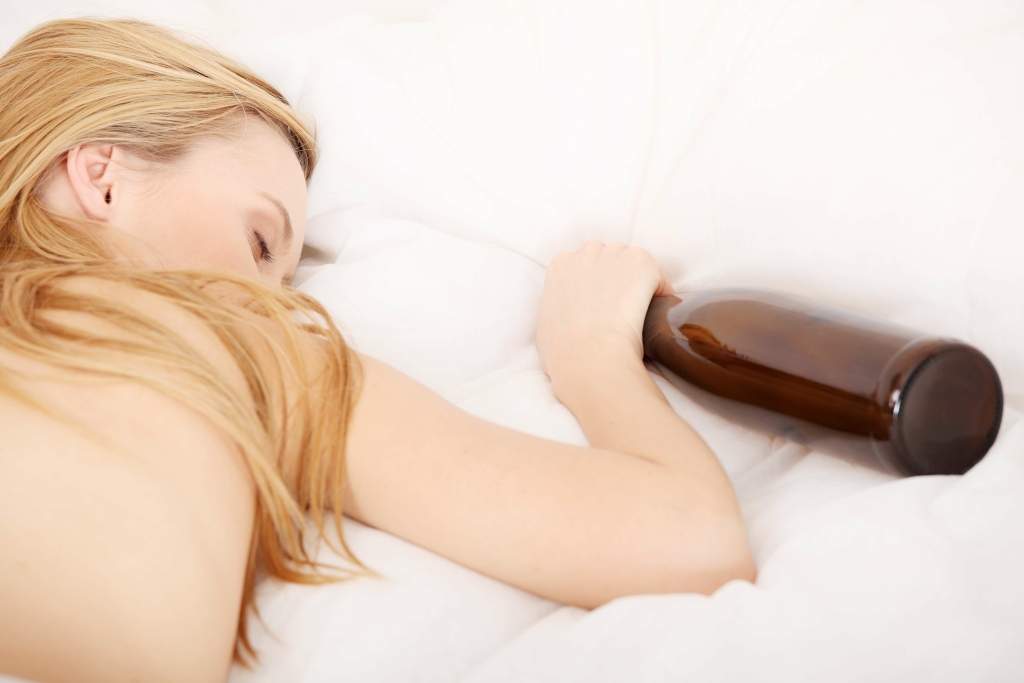Alcohol Use and Alcohol-Related Seizures in Patients With Epilepsy
IT Recruiter Job Description Updated for 2025
December 6, 2022Plan Integriteta Turističke organizacije Rožaje
December 21, 2022It is essential to know these dangers for anyone who drinks regularly or worries about having a seizure. Understanding the correlation between seizures and alcohol does alcohol cause seizures is very important. You must seek help if you or someone you know is struggling with alcohol use. This means managing alcohol intake as well as properly addressing withdrawal symptoms to reduce the risk of seizures as well as overall health. Treating alcohol seizures involves a multifaceted approach that addresses immediate medical needs and the underlying alcohol use disorder (AUD). The primary treatment includes administering benzodiazepines, which are effective for managing acute withdrawal symptoms and preventing further seizures.
Dehydration

However, moderate to heavy alcohol use is never recommended for people with epilepsy as it can trigger seizures and increase the risk of Sudden Unexpected Death in Epilepsy (SUDEP). Alcohol-induced seizures are serious and potentially life-threatening and can occur due to various factors related to alcohol use. A primary cause is the abrupt cessation of alcohol intake after heavy drinking, known as alcohol withdrawal. This sudden change can lead to hyperexcitability in the brain, resulting in seizures. Clinical data show that these seizures may occur during both intoxication and withdrawal phases, with a significantly increased risk among individuals with prolonged alcohol consumption histories. While it takes a lot of alcohol over a prolonged period of time to increase the risk of epilepsy, alcohol use can still lead to an increased risk of seizures that are not caused by epilepsy.
The Role of Laboratory Tests and Imaging in Diagnosing Alcohol Seizures
- Tremors, often referred to as “the shakes,” are common among those experiencing alcohol withdrawal.
- There is a direct association between seizures and alcohol consumption, which should give you a reason to plan the activities that are least affected.
- Additionally, alcohol can reduce the effectiveness of ASMs and increase their side effects by altering their metabolism, further elevating the risk of seizure activity.
- Without treatment, alcohol withdrawal seizures can progress to status epilepticus or delirium tremens, both of which are life-threatening complications.
- When alcohol is abruptly removed, the body’s finely tuned equilibrium is disrupted, leading to a cascade of withdrawal symptoms.
Alcohol is a health hazard because it affects many of your body organs, from your liver to your brain. Learning the link between the two might become some sort of a guide for people who use alcohol on a regular basis as well as those who are afraid of seizures. Reducing or abstaining from alcohol is essential, as even moderate intake can increase seizure risk, particularly during withdrawal periods. Therapeutic approaches provide strategies to cope with cravings, develop healthier habits, and tackle underlying issues contributing to heavy alcohol use. Evidence-based treatments like cognitive-behavioral therapy (CBT) help modify thinking and behavior related to alcohol use.
Situations Where Alcohol Might Trigger Seizures
Please continue https://contentrulestg.wpengine.com/self-motivation-why-it-makes-a-difference-in-2/ reading to learn more about the causes, symptoms, and prevention of alcohol seizures. The relationship between alcohol and seizures is complex and multifaceted. The seizure threshold is raised by alcohol drinking and declines on cessation of drinking.
Those who misuse alcohol will be at higher risk for seizures, especially if they have epilepsy. While cutting back on alcohol may be sufficient for decreasing this risk, people who misuse alcohol often find it almost impossible to simply reduce alcohol use and maintain this reduced intake. Alcohol can interfere with epilepsy medication, making these medicines less effective and raising the risk of a seizure occurring. Amounts of different alcoholic beverages that correspond to 1 standard drink as defined by the World Health Organization.
Treatment for Alcohol Use & Addiction
Physicians’ advice that “a light alcohol intake is harmless” was identified as an additional predictor for alcohol use. Patients with epilepsy may feel unsure about alcohol consumption on chronic medication and therefore may be willing to follow physicians’ advices more often. When you drink heavily and often, especially over a long period, your brain adjusts to the depressant effects of alcohol. Acamprosate is another drug doctors may prescribe to a person who is receiving treatment for alcohol use disorder. Clients may only begin acamprosate after completely detoxing from alcohol, which may be one to two weeks after initially abstaining from drinking.
- These symptoms can develop and change suddenly and aggressively, including alcohol withdrawal seizures and delirium tremens, which can be fatal without the proper treatment.
- Your provider may recommend specific services based on your seizure history.
- Medication-assisted treatment (MAT) works best when combined with counseling and peer support, as part of a comprehensive approach to recovery.
- Severe headaches during alcohol withdrawal can indicate increased pressure in the brain, which can lead to seizures.
- Though alcohol can trigger seizures, they are more often linked to withdrawal from alcohol if your body has developed a tolerance for it and dependency on it.
- When alcohol is consumed while taking seizure medication, it can reduce the medication’s effectiveness or intensify its side effects.
Although each person’s experience may be different, most people experience delirium tremens within 48 to 96 hours after their last drink. Drinking alcohol in small amounts generally does not trigger seizures, but seizures can result from alcohol withdrawal. Although hangovers aren’t a direct cause of seizures, they can create conditions in the body that drug addiction treatment make seizures more likely. One key factor is the delayed drop in blood sugar that happens after drinking. Alcohol-induced seizures, particularly those occurring during withdrawal, often present as generalized tonic-clonic seizures — previously known as “grand mal” seizures. These seizures typically begin with a sudden loss of consciousness, followed by the tonic phase, where muscles stiffen, causing the person to fall if standing.
Benzo Detox and Withdrawal Symptoms & Treatment Methods
These alcohol withdrawal seizures can occur within a few hours to several days after the last drink, depending on the individual’s drinking history and health factors. Yet, there is currently little knowledge on the alcohol-drinking behavior of epilepsy patients. In the 1940s, William G. Lennox comprehensively analyzed alcohol consumption and the occurrence of alcohol-related seizures in 1,254 subjects with epilepsy (1). However, only about 30% of patients used alcohol, thus excluding 70% from any analysis of potential alcohol-related effects on the disease.
Understanding the signs of alcohol and seizures contributes to effectively managing the situation and ensuring that an individual gets appropriate care. Should an individual start suffering from alcohol withdrawal seizures, it is important to see a doctor for proper management and prevention. If you or someone you know is dealing with alcohol abuse or withdrawal, it’s important to be aware of the following alcohol seizure warning signs.
Alcohol use can also trigger seizures in people with epilepsy if withdrawal symptoms begin to occur. Most alcohol withdrawal seizures are generalized tonic-clonic seizures, commonly referred to as “grand mal” seizures. These involve a loss of consciousness and violent muscle contractions throughout the body. Seizures typically happen within 6 to 48 hours after the last drink, but the exact timing can vary based on the individual’s drinking history and other health factors. In fact, people struggling with chronic alcohol abuse increase their risk of developing seizures when they suddenly stop drinking. Binge drinking, defined as consuming large amounts of alcohol in a short period, can lead to alcohol-induced seizures even in those without a chronic drinking history.
Can Alcohol Withdrawal Cause Seizures? – Risks & Symptoms

The leaflet that comes with your medications can advise you on whether it’s safe to mix your medication with alcohol. Experiencing this kind of seizure can make you hurt yourself by biting your tongue or hitting your head. BetterHelp offers affordable mental health care via phone, video, or live-chat. If you or a loved one are struggling with alcoholism and need help safely detoxing, we are here for you.
